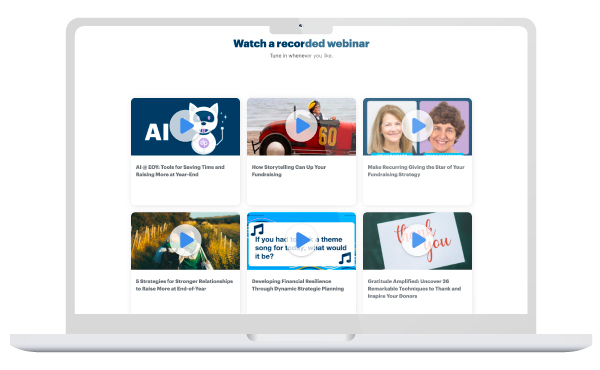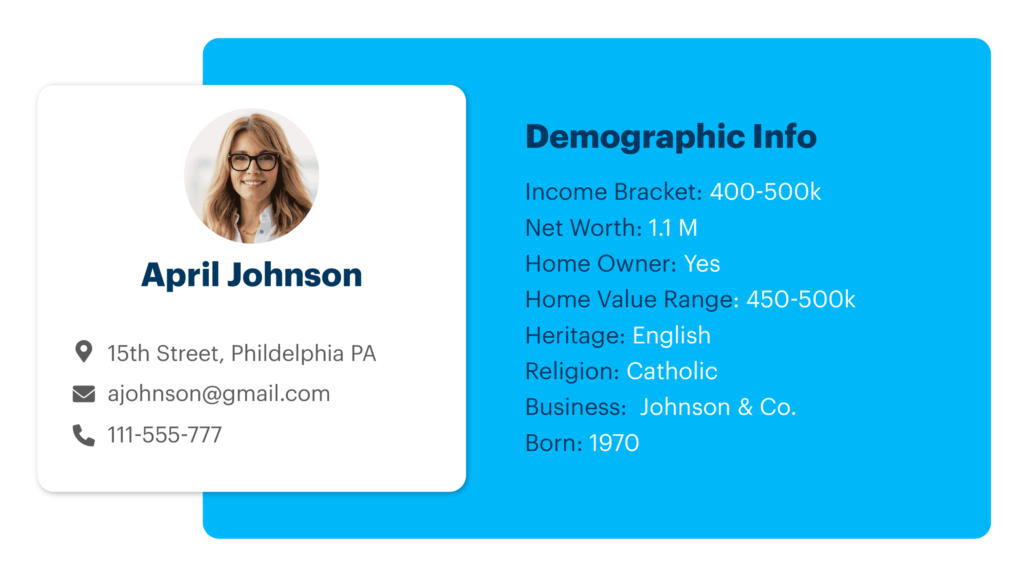Nonprofit Technology & Fundraising Blog
Subscribe to our mailing list

August 14, 2024 | Donor Data, Donor Engagement
Whether you’re asking a new donor for a commitment or a loyal donor to renew their support, securing a pledge is just the beginning of the payment process! Behind the scenes, financial accounting procedures must be established to track and manage pledge fulfillment accurately. This ensures that promised donations materialize, that strong donor relationships develop and remain strong, and that your organization’s financial health stays on track.
We’ll explore the importance of pledge fulfillment, share best practices for tracking donor pledges and encouraging timely payments, and discuss how mastering donor management can significantly boost your nonprofit’s impact and sustainability.
Let’s dive into tracking pledge fulfillment and how to manage pledges effectively.
Pledge fulfillment refers to the process of ensuring that the pledges made by donors are honored and the promised amounts are received. Fulfillment involves tracking payments made against the pledged amounts, sending reminders for upcoming or overdue payments, and updating the pledge status once the full amount is collected. This process helps nonprofits maintain accurate financial records and manage their fundraising efforts effectively.
As a fundraiser, it might be up to you or someone on your team to help track donor pledges or forecast revenue for your organization. You need to understand how the process works and why it’s essential for donor management success.
Pro tip: Fundraising events are a great way to engage donors and secure pledges. When donors make a pledge at an event, about 85% of them are fulfilled. That’s a great success rate!
Managing and tracking pledges effectively is crucial for nonprofit organizations. Ensuring that donors fulfill their pledges helps maintain a steady cash flow and strong donor relationships. Here are four reasons why tracking pledge fulfillment is important.
Pro tip: When working with corporate partners on sponsorship agreements, be sure to have strategies in place to collect payment before your event, when possible. For example, if you secure a $10,000 sponsorship for a 5K in 6 months, you might request 50% of the fee at contract signing and the remaining balance 10 business days before the event. This will ensure that you have necessary funds to host the event in the door to help pay for immediate expenditures and you won’t have to chase down payments after the event.
With DonorPerfect, you can request training on topics such as data insight and custom reporting features.

Tracking which donors have an outstanding pledge balance is essential for understanding your organization’s financial position and ensuring that pledges are fulfilled. You can leverage technology to enhance tracking. Modern donor management systems offer advanced features that can significantly improve pledge tracking:
Use DonorPerfect to view detailed information on all donors with a pledge balance report.

Effective pledge fulfillment tracking is a cornerstone of successful nonprofit financial management and donor relations. By implementing robust systems, clear processes, and leveraging technology, organizations can ensure they maximize the value of donor pledges while building stronger, more transparent relationships with supporters.
Remember, the goal isn’t just to collect pledged funds, but to nurture a culture of sustained giving and trust. With diligent tracking and thoughtful donor engagement, your organization can turn promises into impact, strengthening both your mission and relationships with donors.
1. How often should we review our pledge fulfillment data?
2. What should we do if our fulfillment rate is lower than expected?
3. How can we encourage donors to fulfill their pledges on time?
Follow us on social!